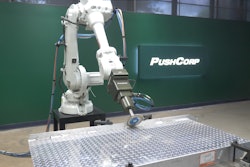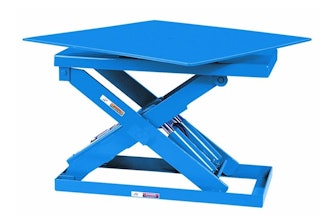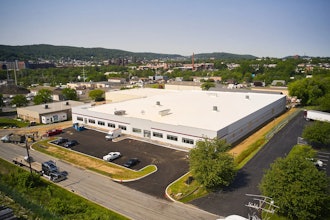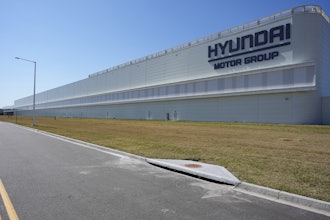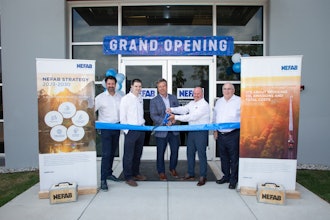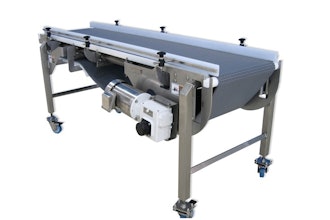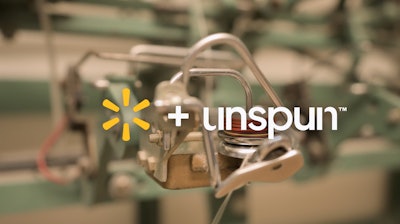
Walmart announced a pilot project with unspun, a fashion tech company using the world’s first 3D weaving technology, a collaboration that, if successful, could help reduce the environmental impact of garment production, offer a more sustainable process for meeting apparel demand and support the companies’ shared commitment to shift more textile manufacturing back to the U.S. Out of its micro factory in Oakland, California, unspun’s technology promises to more quickly and efficiently transform yarn into garments.
The pilot project directly addresses concerns about waste in the apparel industry – a significant global challenge – driven primarily by fabric loss from traditional flat weaving, cutting and garment assembly, and from discarded extra inventory built to meet growing consumer demand and fashion trends. These issues, combined with the emissions generated from transporting garments and fabrics supplied offshore, have created demand for more sustainable apparel manufacturing supply chain solutions.
Pilot Will Examine 3D Weaving for Pants
In the pilot project, the two companies will explore how unspun’s 3D weaving machines can be used to make workwear style pants under a Walmart house brand. With 3D weaving, yarn is spun directly into completed garments. This is an innovative and new approach to garment manufacturing. Traditionally, yarn is woven into one-dimensional fabrics, which are then cut and assembled into garments – creating waste and taking significant time and multiple manufacturing steps. The 3D weaving process is different from commonly known 3D printing, which creates a physical object from a digital design by laying down thin layers of liquid or powdered plastic, metal or cement.
The two companies aspire to deepen the collaboration into later phases should the pilot prove successful. unspun, in collaboration with a manufacturing partner, hopes to ultimately deploy additional microsites around the U.S. for on- and near-shored manufacturing, with locations to be determined. unspun has an ambition to have 350 machines in the U.S. by 2030.






